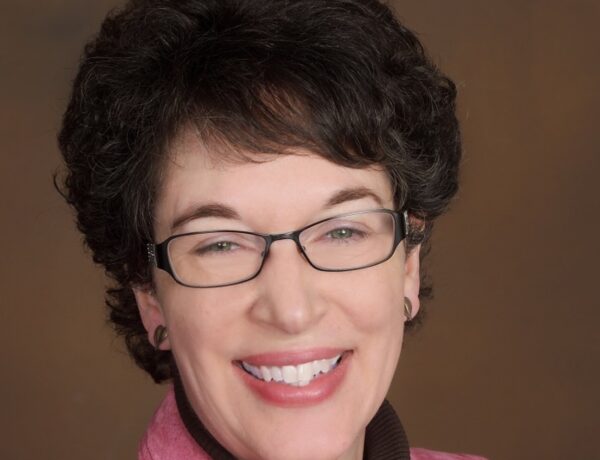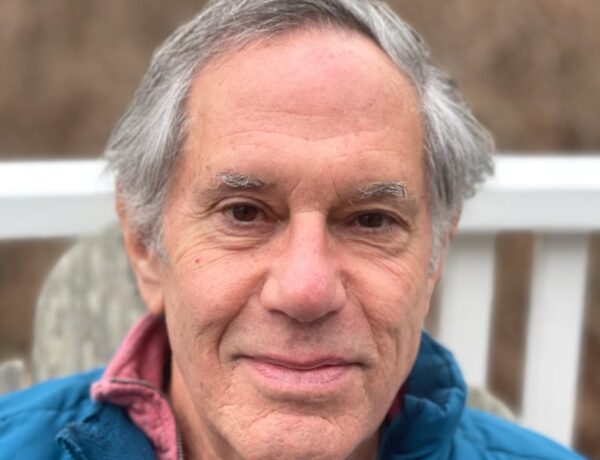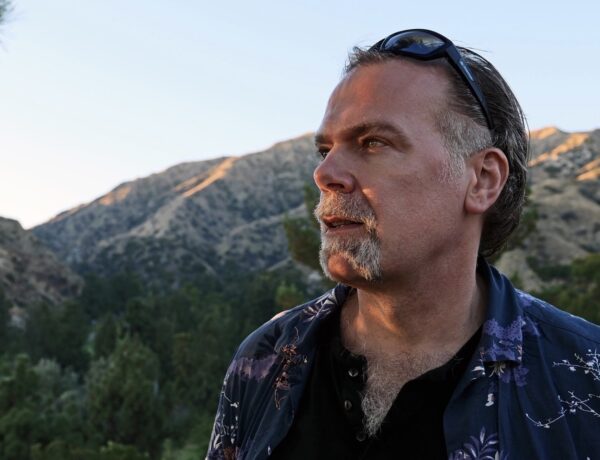Brent Crane is a freelance reporter based in San Diego. He has had his work published in major publications such as The New Yorker, the New York Times, National Geographic, Scientific American, Bloomberg Businessweek, The Economist and more.
He is also a regular contributor to The Wire China, an award-winning investigative business magazine focused on China. Brent has extensive experience in Asia, having been born in Hong Kong and raised in Massachusetts.
Brent been awarded several reporting grants and fellowships, including from the Food and Environment Reporting Network, the Economic Hardship Reporting Project, and the Woods Hole Oceanographic Institute, among others. Outside of his reporting, Brent is also a fiction writer, musician, gardener, and avid freediver. He holds a Bachelor’s degree in International Affairs and Chinese Studies from the University of Colorado, Boulder.
Each week, we publish a new daily writing routine from a famous author. Subscribe to our newsletter so you don’t miss out!
Hi Brent! We’re delighted to have you as a guest on Famous Writing Routines. For our readers who may not be familiar with your work, could you please give us a brief introduction to yourself?
I am a 32-year-old freelance journalist based in San Diego (not famous). I write mostly reported magazine features with some travel writing here and there.
You have a wide range of writing experience, from covering investigative business in China to covering science and technology topics. How do you approach writing about such diverse subjects?
I’ve always been more attracted to specific characters and storylines than any particular subject. Who knows if that is better or worse for my career. The China business stuff has been a major part of my workload since 2020. It’s for The Wire China, an excellent investigative business magazine started by David Barboza, who was a New York Times correspondent in Shanghai and won a Pulitzer there.
But also I had started my career in China. After a short internship at The American Interest magazine in DC (RIP), I traveled through China and Myanmar for six months, paying my way with freelance pieces. Really, I was learning how to do journalism. I had studied International Affairs and Chinese Studies at the University of Colorado (2013), so I’d had no formal training.
When it comes to writing about different subjects, I guess it doesn’t feel all that different in the approach. Each subject requires the same gameplan: you cast a wide net with sources, read everything you can find and narrow your focus as you go. Over time you develop an instinct as to when you’ve absorbed enough to start writing.
You have traveled extensively throughout Asia, specifically China and Cambodia, how does your background and experiences in that region influence your writing?
In so many ways. Just pragmatically, Asia is a wonderful launchpad for a hungry, young reporter. It’s incredibly dynamic. It’s cheap. So much of it is under-reported, which is advantageous for a freelancer. Often in those early days just showing up to a place like Xinjiang was enough to land an assignment.
After my China wandering, I was hired at the Phnom Penh Post as a features reporter. That was a superb job. I was given a lot of leeway. I learned a lot working alongside skilled reporters. That was my only time working in a newsroom, so far, in my career. I noticed that most journalists feel more comfortable reporting rather than writing, which is the opposite for me.
Cambodia in particular is so rich in compelling stories. And several fantastic writers started out there or wrote memorably from there. Writers like Graeme Wood, Norman Lewis, Elizabeth Becker, Tiziano Terzani. Somerset Maugham wrote some of the best prose on Angkor Wat. So I was happy to be there.
Discover the daily writing habits of authors like Stephen King, Neil Gaiman, and Gillian Flynn with Famous Writing Routines Vol. 1 and learn how to take your writing to the next level. Grab your copy today!
You have received several reporting grants and fellowships, how have these opportunities helped shape your writing and career?
The in-person fellowships have been beneficial for meeting and learning from other reporters, which is something you miss out on as a freelancer. Having a solid network of reporters and editors whom you know personally is crucial for making freelancing work.
When in a new city, I always reach out to writers I admire. In those early days, I’d learned a lot about journalism and freelancing basics by doing this. That’s something I love about the profession, that writers are often very happy to meet other writers. And journalists are often interesting people. Talking shop with a good writer–who by necessity is a great reader–is one of my favorite pastimes.
Can you walk us through a typical day in your writing and reporting routine?
Wake up around 7. Breakfast. On my computer by 8. Beyond that it really depends on where I am in a project, whether I’m desk reporting–reading, googling around, calling people–or actually writing. If I have writing to do, I attempt it all in the morning or late afternoon. During those few hours after lunch, my brain is mush. For a feature, 500 words is a good day. I try to not be too precious about first-drafts, though I often am. So much gets changed in the editing.
How do you balance the demands of writing for different publications and outlets with your own personal writing projects?
If a project is worth doing, a writer finds time. A lot of great novels have been written in the hours before the kids wake up or between shifts. These days, all my nonfiction writing is for paid work, or work I hope to be paid for. In my early days, I wrote travel pieces for fun. I learned a lot doing that.
Today, I try to churn out at least 200 words of fiction a day. I find it entertaining but also useful. Fiction works different muscles. Importantly, it keeps me connected to my voice, which is something every writer needs to hone and protect. In Cambodia I once met an older reporter who had stopped writing fiction because he felt that daily journalism had beat the voice out of him. I thought, what a sad thing.
Can you share any specific techniques or rituals you have for getting into a creative mindset before starting a new writing project?
Reading great writing usually does it for me. Reading with intention and trying to parse out what a writer did. I also will read writers on writing, like this series. I have one of The Paris Review Interviews books and I’m often inspired just flipping through that. To see a master like Nabokov or Murakami or Kerouac bitching over some mundane problem on the page or with their editor or about money is weirdly galvanizing.
What does your writing workspace look like?
It’s a closed-off room with a big desk in front of a window. Outside is the side-garden and our new chicken coop which is birdless at the moment. There’s a Peloton to my right. My three guitars are hung on the wall. In hindsight this was a poor choice for writing productivity. But they look nice, especially my new Gibson J-45. Songwriting counts as writing in my book.

Affiliate disclaimer: Some links on this website are affiliate links. We may earn a small commission if you make a purchase through these links, but only promote products we truly believe in. We disclose affiliate links and give honest reviews.



No Comments